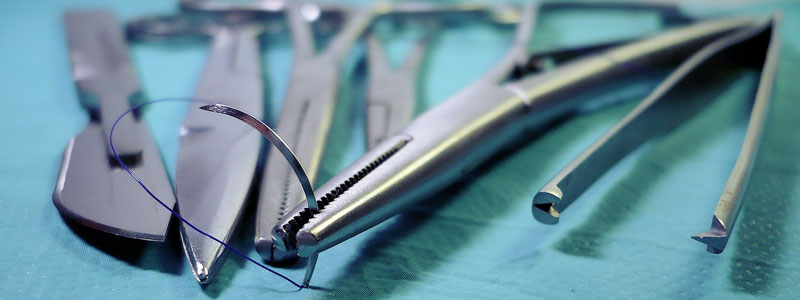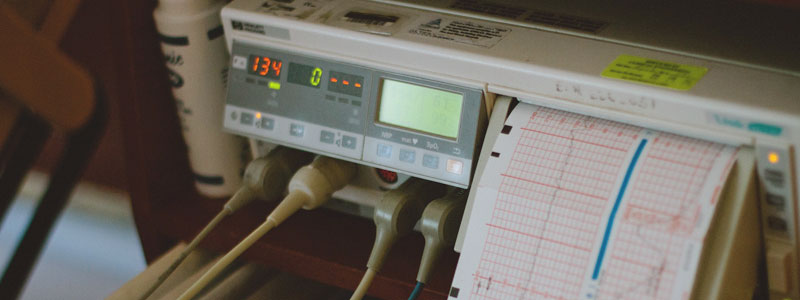Are Preventable Medical Errors Considered Malpractice?

According to the American Association of Justice, one in every three patients admitted to the hospital will be victim to a medical error. In addition to this statistic, it has also been shown that approximately 440,000 patients die from these errors every year.
When you are admitted to a hospital, you should be able to trust those responsible for your health and healing. Unfortunately, doctors can still make mistakes, and their mistakes can cost lives.
There’s a difference, however, between a mistake and a preventable medical error. There are many different preventable medical errors seen every day, and though they all look different, they are still considered a form of medical malpractice.
Avoidable Delay

This can be any type of delay that causes a medical condition to worsen. There are two common types of delays: delay in treatment and delay in diagnosis.
In a case of delay in treatment, the doctors will recognize the condition and know the treatment path that needs to be taken. However, due to negligence, this treatment is postponed and the condition worsens.
A delay in diagnosis might occur if a doctor waits too long to run necessary tests in order to diagnose the condition altogether.
Technical Medical Errors

These errors occur whenever a doctor or surgeon makes a cut or mistake that is well known in the medical community to the point that it can be considered negligence. An example of this would be if a doctor is performing a relatively easy surgery on a patient and accidentally cuts a vital artery that causes the patient to bleed out.
Failure to Take Precautions

In this case, a doctor may neglect to advise a patient to avoid certain activities, or the doctor may neglect to take precautionary measures to prevent a new condition. For example, if a patient is unsteady on their feet after a surgery, the staff should ensure that the patient doesn’t try to go anywhere without help or else the patient may run the risk of falling.
Inadequate Monitoring

After any procedure or treatment, some patients may require a significant amount of monitoring to ensure that no complications arise. Failure to do this may cause dangerous and sometimes even fatal results. For example, if a person has surgery, and their heart rate is not monitored afterward, there could be a fatal reaction to the anesthesia that the doctor may not recognize without proper monitoring.
Improper Medicine

Every medicine has side effects, and no one wants more side effects than necessary. In some instances, taking the wrong medication to treat a problem can be extremely dangerous. With that said, it is essential that patients receive the right kind and amount of medication to take to treat their condition. It is also important for the doctor to know what medications the patient is already taking so they do not prescribe a medication that reacts poorly with what is already in the system.
Help from an Indiana Medical Malpractice Lawyer
Preventable medical errors are tragic. No one should have to endure more pain and illnesses because of a mistake. If your condition was made worse by an Evansville physician’s medical error, you could be entitled to compensation. Contact Hensley Legal Group today for a free consultation, or contact us online.
Available 24/7
Free Case Review
You won’t pay any fees until we win your case.
It’s easy - you can: